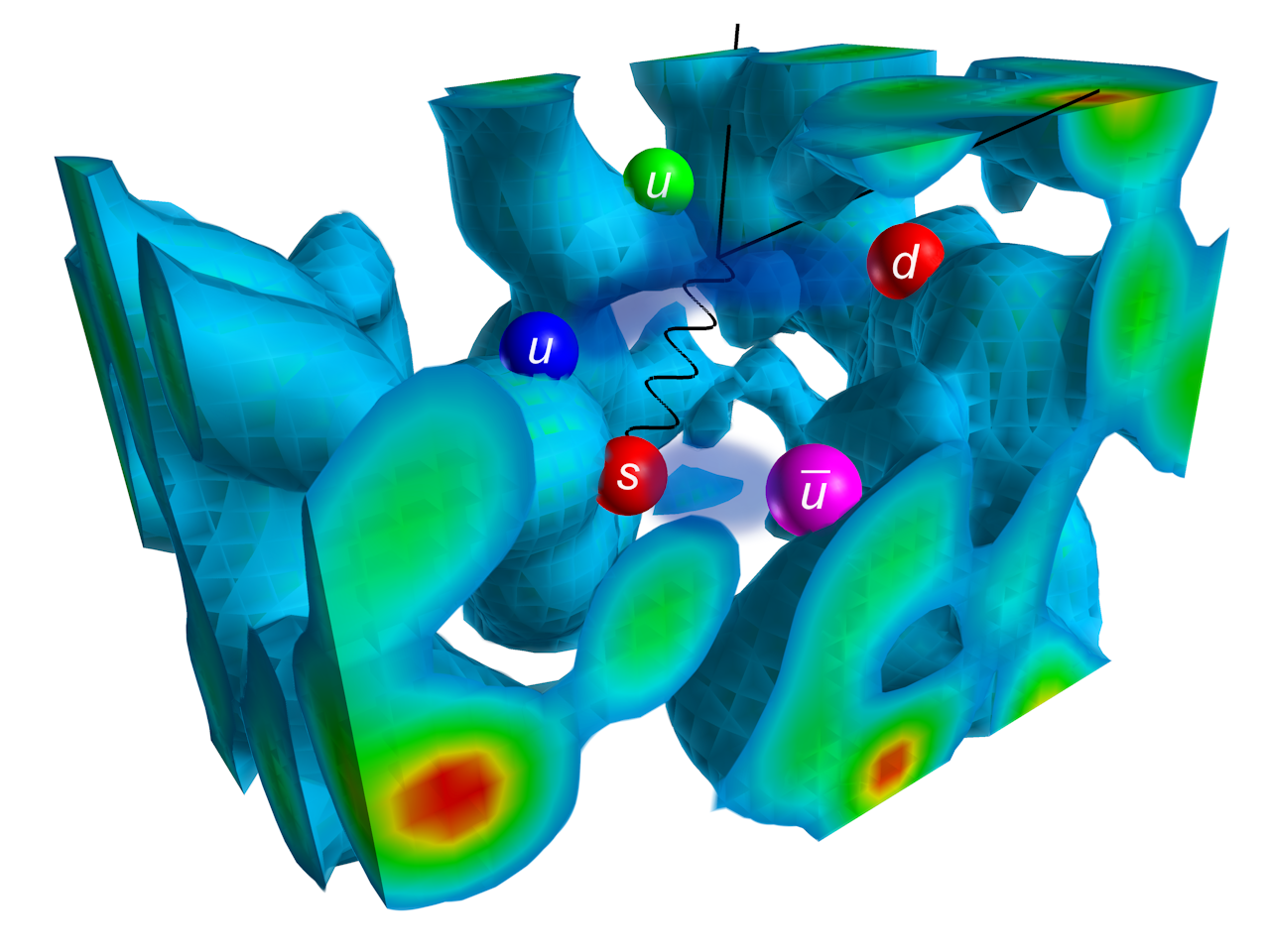Particle physics phenomenology is the part of theoretical physics that deals with the interpretation and understanding and of experiments involving elementary particles. Within the Standard Model, phenomenology represents making accurate predictions for ongoing or future experiments to test its limits of validy.
Beyond the Standard Model, phenomenology addresses the experimental consequences of new models: how their new particles could be searched for, how the model parameters could be measured, and how the model could be distinguished from other competing models. Phenomenology forms a bridge between the mathematical models of theoretical physics (such as quantum field theories and theories of the structure of space-time) and experimental particle physics.
OUR CONTRIBUTION
The ICCUB has a wide spectrum of interests in the phenomenological and calculational aspects of particle physics, including many aspects of the areas reported in the hep-ph, hep-th and hep-lat archives.
Recently, its activity has been influenced to a large extent by the commissioning of the LHC. In this sense, the studies are being focused on effective theories of the symmetry breaking sector of the Standard Model, some aspects of supersymmetric theories, string phenomenology, flavour physics (particularly b-physics) and physics beyond the standard model that the LHC will continue to explore in the years to come.
Researchers of the Particle Physics Phenomenology area are also active in heavy-quark effective theories and other effective theories of QCD. Several key features of heavy ion collisions and the properties of QCD under extreme conditions are also receiving attention. This area also includes work on lattice field theory, particularly in connection with b-physics.
The area's team has relevant activity in the development of parton distribution functions using neural networks and the scope of future accelerators in the context of some extensions of the Standard Model Relevant contributions are also being made in the field of neutrino physics, axion physics and other dark matter candidates as well as dark energy. Finally, particle physics phenomenologists have close interactions with the experimental particle physicists at the ICCUB and obviously with researchers in other theoretical areas.

LINES OF RESEARCH
- Standard Model and beyond at the LHC
- B-physics, with an emphasis on the analysis and physical reach of the LHCb detector.
- Phenomenology of supersymmetric theories.
- String phenomenology.
- Unification of the fundamental forces.
- Heavy quark effective theory and other effective theories of QCD
- QCD in extreme conditions: heavy ion experiments at the LHC, FAIR and other accelerators
- Lattice QCD.
- Perturbative QCD: parton distribution functions.
- Studies of the physics of future colliders
- Neutrino physics and its connection with astrophysics and cosmology.
- Axions and other dark matter candidates.